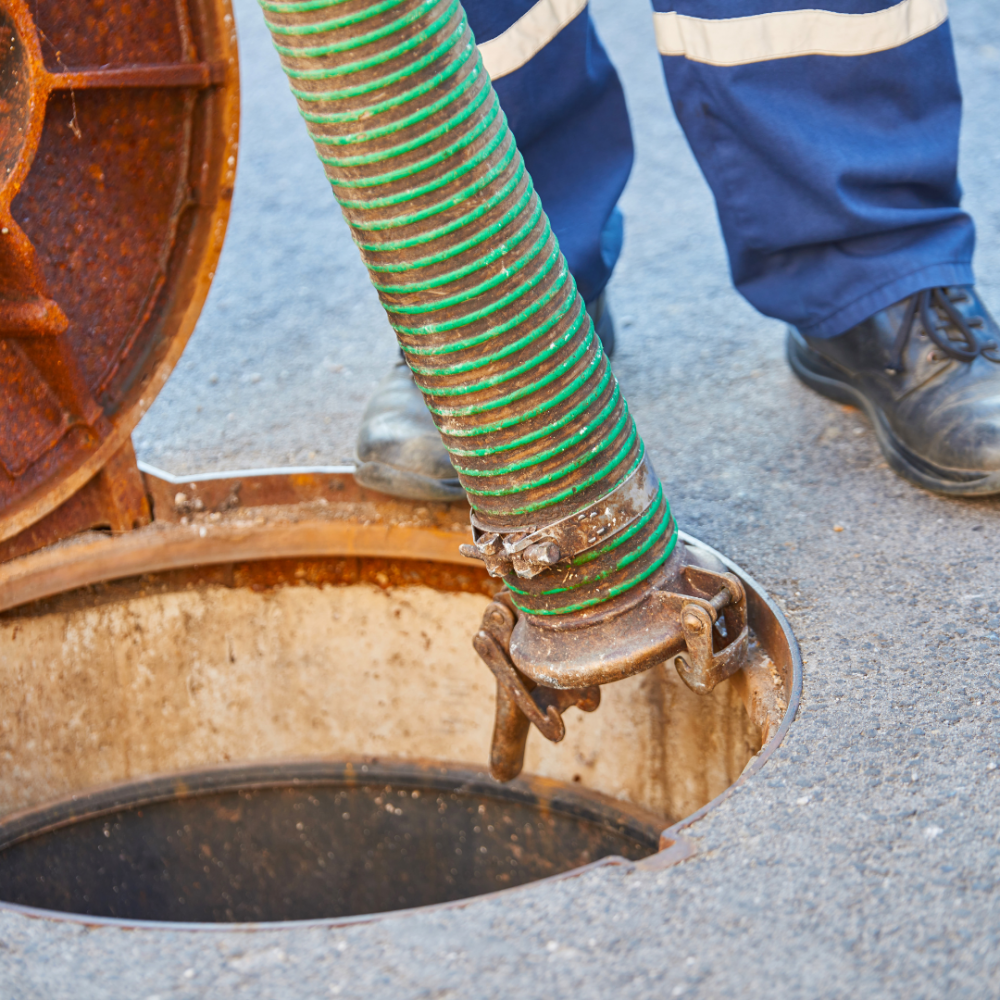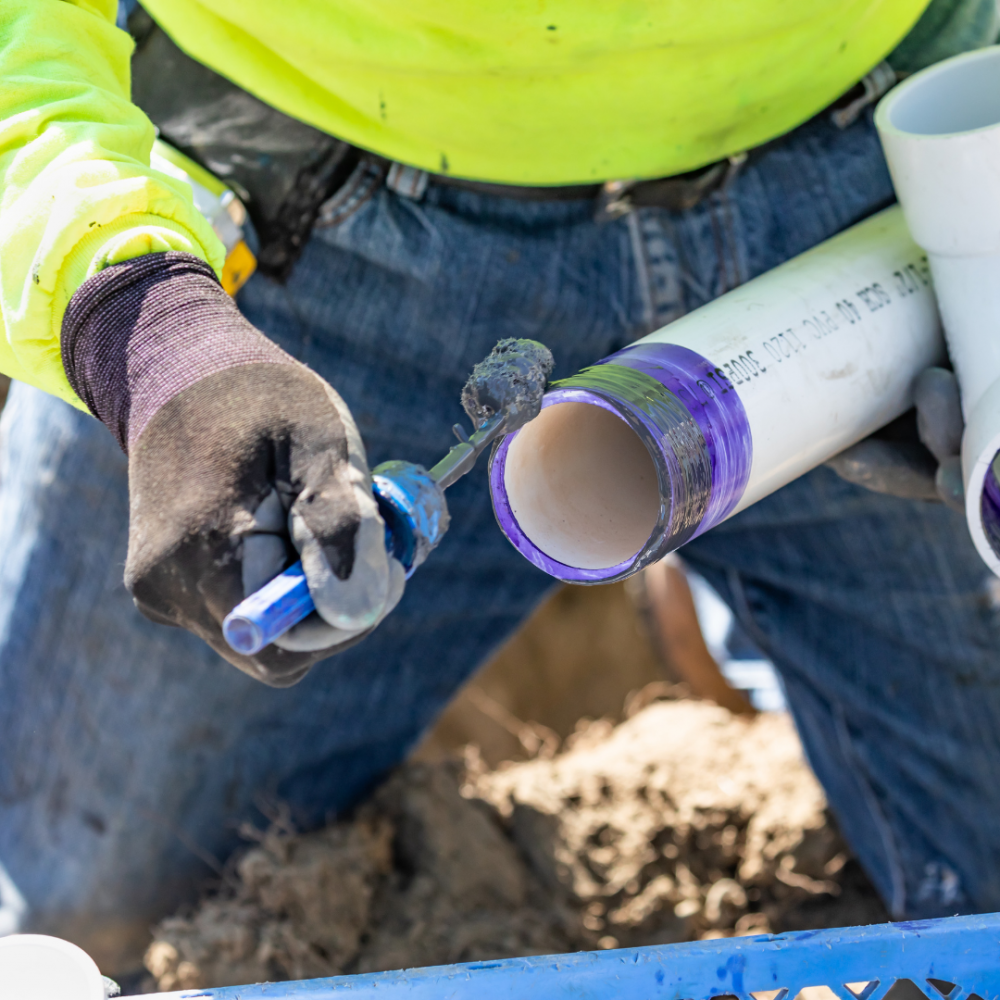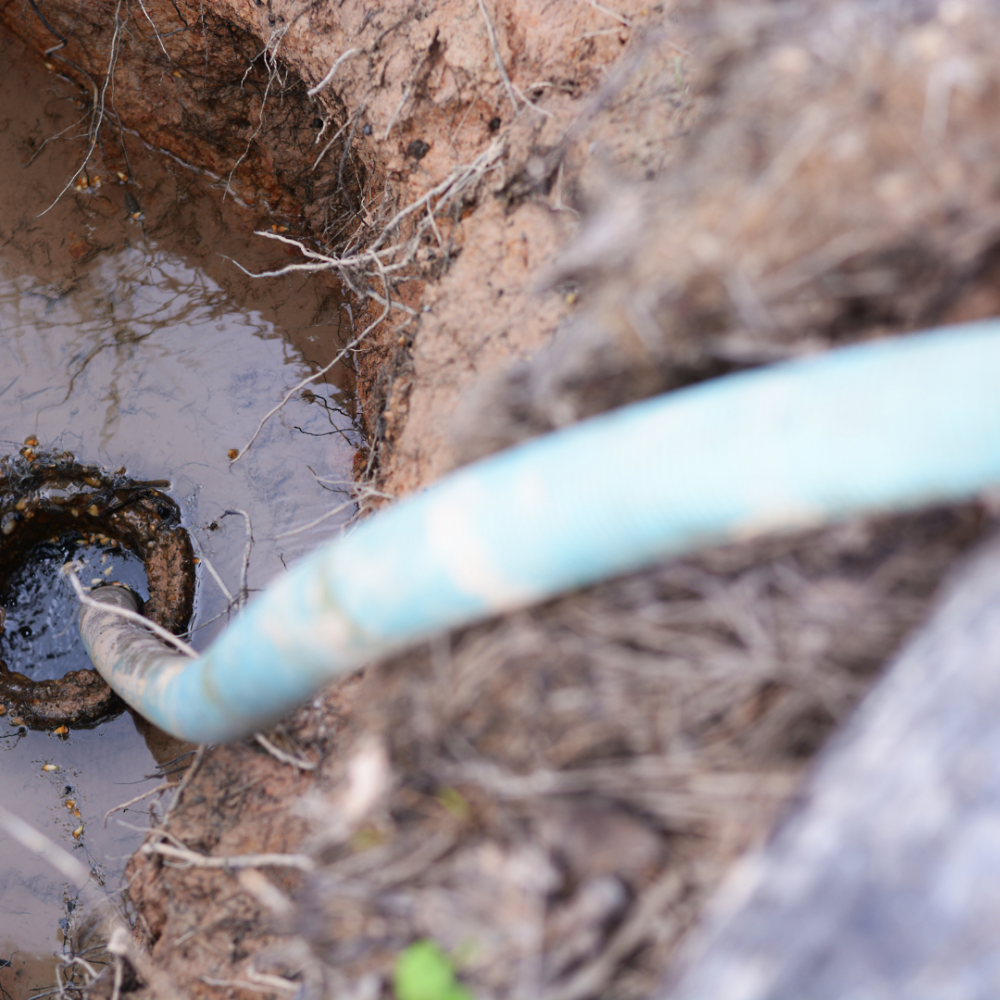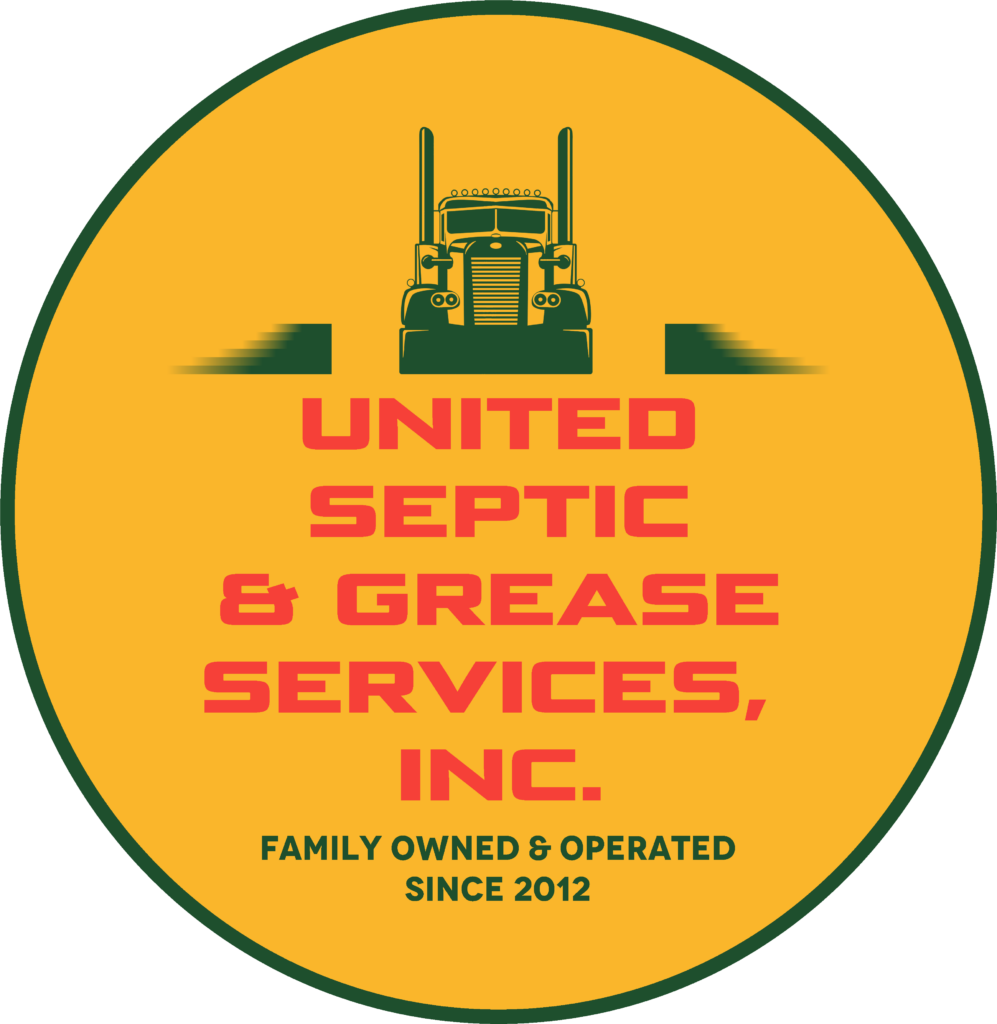Florida Septic Systems: Essential Tips for Homeowners
Introduction
When it comes to rural locations or when access to a municipal sewer system is lacking, septic systems are a necessary component of any house’s plumbing system. In Florida, septic systems help homeowners properly handle wastewater. But given Florida’s particular environmental conditions, keeping a good septic system calls for particular care. Whether your area experiences frequent heavy rains, sandy soils, or high water tables, making sure your septic system is in good shape will help to prevent expensive repairs and possible health risks.
This guide will explore key tips for residents with septic systems in Florida, thereby arming you with the information to maintain a seamless operation of your system. We will also discuss the need of preventive measures, septic tank inspections, and the reasons professional services are vital in preserving the condition of your system.
1. Understanding Septic Systems in Florida
A septic system is an underground system for treating waste water that is often used in rural areas or places where there aren’t any public sewer systems. Florida provides particular difficulties for managing septic systems with its coastal position and varied weather conditions. Usually featuring a septic tank and a drain field, the system naturally treats wastewater. While the liquid effluent fills the drain field to be filtered and cleaned by the soil, solids in the wastewater settle at the bottom of the septic tank.
The high water level in Florida is one of the main elements influencing septic systems there. Particularly in the rainy season, regular rain might cause the water table to increase, which would cause ground saturation near the septic tank and drain field. This can make it more difficult for the soil to eliminate contaminants, therefore raising the possibility of system breakdown or blockages. Furthermore, many areas of the state’s sandy soil might cause septic systems to be more susceptible over time to deterioration.
Appropriately maintaining your septic system in Florida depends on knowing the local variables influencing it. Knowing when to plan maintenance and an inspection helps avoid later expensive problems.
2. The Importance of Regular Septic Tank Inspection
The value of frequent septic tank inspections for Florida homeowners is almost impossible to overestimate. Though they are typically invisible and out of mind, neglecting your system can cause major issues including system breakdown, sewage backup, and expensive repairs.
Regular inspections of your septic system help you to find problems before they become costly and disruptive crises.
Examining a septic tank helps one assess the general performance of the system and the state of the tank. More faster than in other areas, Florida’s high humidity and rains can wear down septic systems.
Maintaining a functional septic system also becomes much more difficult in many parts of Florida where water tables are high.
Whether the tank is full, whether leaks or obstructions exist, and whether the drain field can still efficiently handle wastewater will all be determined by a professional inspection.

Though systems used heavily may call for more frequent inspections, septic tank inspections should normally be conducted every three to five years.
Regular inspections are especially more important for homeowners in Miami or other coastal areas since excessive rain and saltwater might cause possible harm.
Early little problem discovery helps you avoid expensive repairs and maintain system performance.
3. Signs Your Septic Tank in Miami Needs Attention
Knowing when your septic tank needs maintenance helps you prevent major problems as a Florida homeowner, particularly in regions like Miami where humidity, salinity, and high water tables present distinct problems. A few warning signals could point to improper operation of your septic system.
- Slow draining sinks, showers, and toilets: If wastewater is slowly flowing from your sinks, bathtubs, or toilets, it is usually a clue that the septic tank is full or that there is a blockage somewhere in the system. If not taken care of, this could indicate that trash is not being filtered correctly and is backing up into the house, aggravating more serious issues.
- Odors near the tank or drain field:One major indication something is wrong is foul smells close to the septic tank or drain field area. These odors suggest either a leak in the wastewater or a too full tank that has to be emptied. Should the smell originate from within your house, it is a major problem best checked right away.
- Standing water or puddles: If you find puddles of standing water close to the septic tank or drain field, this suggests a system malfunction. Standing water could arise from an overwhelmed drain field unable of adequately filtering wastewater. This problem might aggravate itself during the rainy season in Miami, where the ground is regularly moist.
- Lush or overly green grass over the septic tank or drain field: Above the septic tank, an odd area of lush or green grass could indicate a wastewater leak or overflow from the tank. This is rather evident that the septic system has to be checked as it is not working as it should.
See any of these indicators and avoid waiting until the issue gets worse. Arranging a septic tank inspection in Miami or any other Florida location must be done right away.

4. Best Practices for Maintaining Septic Systems in Florida
Maintaining your septic system is a proactive way you might prevent costly repairs and keep everything working as it should. These are some best practices for keeping Florida’s septic systems in working order:
- Pump your septic tank regularly: Maintaining the absence of solid waste in the tank depends on routine septic tank pumping. Solids waste can gather over time and choke the system, causing clogs and overflow. Though larger homes may require more frequent pumping, Florida residents should pump their septic tanks every three to five years. Should your system be close to a flood-prone area, you could have to pump it more frequently to prevent problems resulting from too moist soil.
- Conserve water: Conserving water will help your system run more effectively in Florida, where water tables are generally high and soil conditions might tax the septic system. Run the dishwasher at several times and distribute your water use by running laundry. Low-flow fixtures for your kitchen and bathroom will also help to ease system load.
- Avoid harsh chemicals: Strong chemicals can kill the bacteria in your septic tank that break down trash. Try to cut back on the use of bleach, drain cleaners, and other substances capable of upsetting the natural treatment mechanism. Instead choose eco-friendly cleaning solutions.
- Don’t flush non-biodegradable materials: Flush down the toilet only human waste and toilet paper. Items such paper towels, baby wipes, feminine hygiene products, even some varieties of toilet paper can clog the system and result in costly repairs.
- Keep the drain field clear: There should still be no trees, plants, or other substantial construction around your drain field. While heavy machinery can compromise the system, roots from trees might pass through the drain field and create obstructions.
These guidelines will help your septic system last longer and reduce your risk of issues.
5. Why Hiring a Professional for Septic Tank Services Is Essential
Although homeowners may help to keep their sewage systems in good working order, certain tasks are better left to experts.
Employing a qualified septic tank provider guarantees correct completion of inspections, repairs, and upkeep. Working with a professional is essential in Florida, where environmental factors may cause septic systems increased likelihood of problems.
Along with checking your system, a certified specialist will evaluate the surrounding area to guarantee everything is in good shape.
For instance, the high saltwater content and humidity in Miami could lead to corrosion or other problems in the system that might not show right away. A professional will possess the tools and skills to rapidly identify and fix these problems.
Apart from septic tank inspections, experts may manage system repairs, new installations, and septic tank pumping.
Professionals experienced with the local terrain can provide great knowledge on maintaining your system given Florida’s distinct environmental problems.

Conclusion: Keep Your Septic System in Florida Running Smoothly
Managing septic systems in Florida calls both constant maintenance and attention. Given the particular environmental problems the state presents—high water tables, sandy soil, and excessive rainfall—taking the correct care of your system is absolutely vital.
Professional services, regular septic tank inspections, and appropriate maintenance will help to keep your septic system in best shape and prevent later, expensive repairs.
Your septic system will remain in good working order for years to come if you remain proactive, conscious of water use, and pay professionals as necessary. Whether your residence is in Miami or another area of Florida, the health of your house and the protection of your family depend on a well-kept septic system.
Therefore, keep on top of the requirements of your system and never hesitate to consult a specialist when needed.
If you need assistance with septic systems in Florida, feel free to reach out to United Septic and Grease.
IF YOU ARE LOOKING FOR MIAMI-DADE AND BROWARD COUNTY COMMERCIAL SEPTIC SERVICES
THEN PLEASE CALL 305-878-1885 / 954-778-0477 OR COMPLETE OUR ONLINE REQUEST FORM

Autor / Editor : Jonathan Moreno
Jonathan Moreno is a South Florida Digital Marketing expert with over 12 years of experience with passion for creating hight value content to educate and bring value to visitors.
Related Posts
Most Common Septic System Emergencies
United Septic and Grease: This post will discuss the most frequent septic system emergencies, the...
Read MoreExpert Tips for Choosing the Best Grease Trap Cleaning Service
If you own a restaurant, professional grease trap cleaning services will make your kitchen work...
Read MoreDIY vs. Professional Septic Clean Outs
United Septic and Grease: Frequent septic clean out guarantees that your system runs efficiently and...
Read More